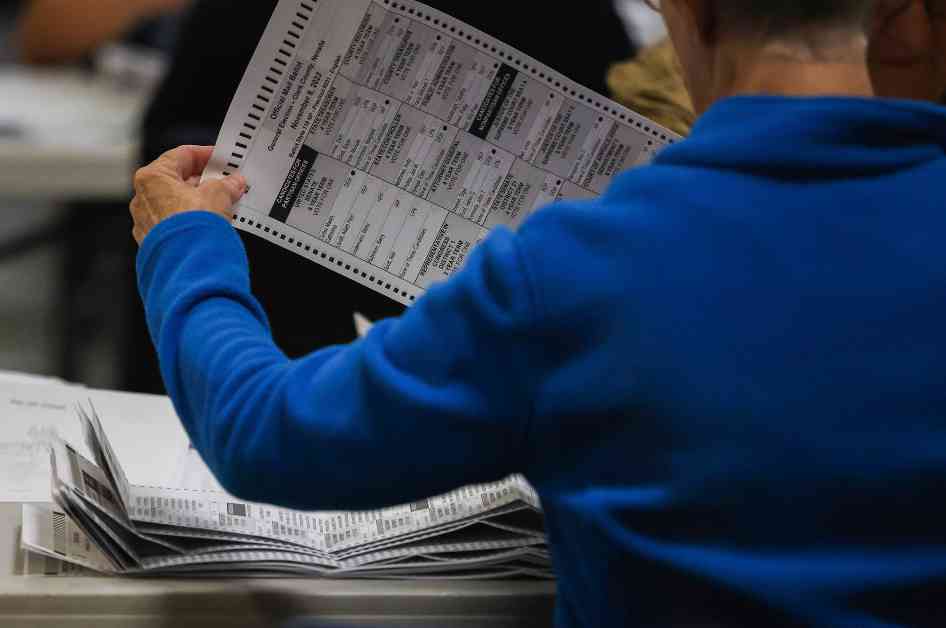The idea of ranked-choice voting (RCV) in Nevada has been met with disapproval from both the Democratic and Republican party establishments. However, this opposition should not deter voters from considering Question 3 on the November ballot, which aims to establish open primaries and allow voters to rank their top five candidates in the general election.
Supporters of the reform argue that RCV creates a more inclusive and less divisive electoral process by requiring candidates to appeal to a broader audience beyond their party’s base. This could potentially lead to a wider selection of candidates in the general election, making it more democratic and representative of the public.
Despite the resistance from political leaders, evidence from other states like Alaska shows that voters find RCV easy to understand and use. Exit polls from various jurisdictions indicate that the majority of voters have no issue with ranking candidates in order of preference.
Critics of RCV, such as the Texas Public Policy Foundation, argue that the reform undermines the principle of “one person one vote” by disenfranchising voters who choose to rank only one candidate. They point to specific instances where voters’ ballots were invalidated due to not ranking multiple candidates.
However, supporters of RCV argue that voters have the opportunity to choose between multiple candidates in the process and that not ranking additional candidates is a personal choice. The outcome of elections using RCV, such as in Alaska, where a Democrat won a congressional seat for the first time in decades, has sparked debate about the fairness and effectiveness of the new system.
Despite the resistance from party elites, some political figures like Colorado Governor Jared Polis support RCV as a means to reduce the influence of extreme factions within parties. The shift towards a more diverse candidate pool and a focus on broader issues rather than partisan interests could be beneficial for the political landscape.
In conclusion, while there are valid concerns and criticisms of RCV, it presents an opportunity for voters to have a greater say in the electoral process and encourage candidates to appeal to a wider range of constituents. The pushback from political elites may indicate a reluctance to relinquish control over candidate selection, but for many disillusioned voters, this could be a reason to support electoral reform like Question 3 in Nevada.



